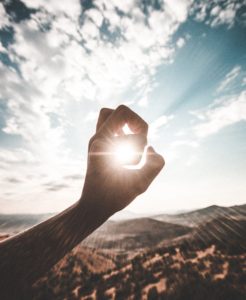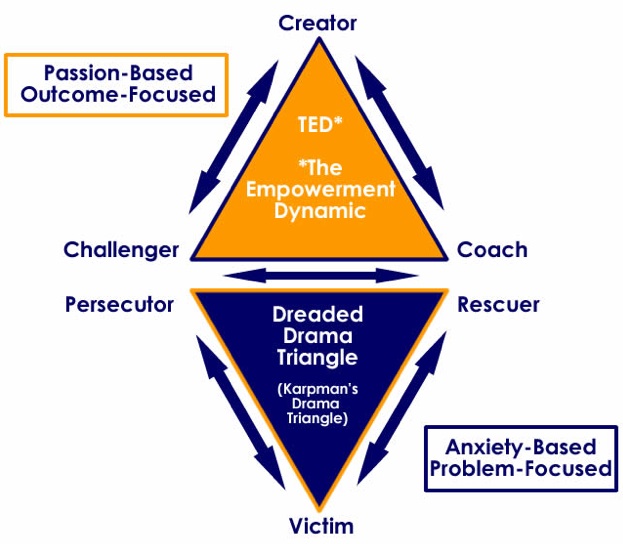(Three foundations – embodiment, awareness, and ownership – are fundamental. The four healing shifts – more soul, more acceptance, more intention, and more creation – are powerful. But making the shifts without the foundations is like building a house on the sand. I’m diving deeper into these seven facets of healing throughout November and December. You can subscribe here if this was forwarded to you.)
Shift #1: More soul, less façade. Explore the difference between your essential self and your social self. We all have both, and we all need both. Learn which one is in the driver’s seat, and how to change drivers if you choose to.
Many writers and thinkers have explored this core concept, often using different labels for these two parts of ourselves. Other names for “Soul” include Nature, Essential Self, Heart, True Self, and Must. Other names for “Façade” include culture, false self, space suit self, and should.
A couple of ways to begin to work with soul and façade:
1. Ask yourself these questions: What do you do because you should? What do you do just because you want to? What’s the payoff in doing things you don’t want to do but you believe you should? What’s the proportion of “should” vs “want to”? Are you happy with this?
2. If you played with last week’s “If God is … then I am … and my soul is ….” exercise, ask yourself what the opposite is. Is this a good metaphor for your façade?
Example: If God is an infinite underground river of living water, then I am a spring, and my soul is the place in the Earth where water emerges. The opposite of this could be something like “I am a Costco parking lot. I keep water from moving freely through the earth underneath me.” This feels like a good metaphor for façade to me, because wildness erupts when water is free to flow where it wants to go. So then I would ask myself where I’m hard and unyielding, stopping up living water.
Shift #2: More acceptance, less resistance. Explore your beliefs about the inevitable changes of being alive. To live is to change. Much of our suffering comes from misunderstanding and resisting change.
Change is a feature of this human life, not a bug. Because to live is to change, we have infinite chances to begin again, over and over. Every loss leads to new life. Where are you resisting change? Do you have losses to grieve? Thoughts about change to disbelieve?
Here are two blog posts from the archive for exploring this core concept further.
Seven things I wish I’d known about change fifty years ago.
Change and Covid. (Written early in the pandemic, when we didn’t know what the hell was happening.)
Shift #3: More intention, less reaction. Explore how your thoughts cause your feelings, not the other way around. This is good news, because you can learn to choose your thoughts.
Learning to hear and question the thoughts that precede your feelings is the work of a lifetime. And it’s so worth it. When we’re in charge of our brain, we can choose thoughts that make us happier, healthier, and more whole. It’s that simple.
The most powerful tool I know to start hearing your thoughts is the Awareness Wheel. Remember, if a thought causes suffering, it isn’t true.
Post from the archives: Thoughts create feelings. Feelings motivate actions. Actions determine results. Your results become your life.
If you want more of my writing about the Change Cycle, there’s lots. Just search “change” on the top right corner of the blog.
Shift #4: More creator, less victim. Explore the victim triangle and the empowerment dynamic. Create the life you want, instead of passively settling for the life you have.
To what are you acquiescing? To what do you aspire? That’s all you really need to notice. Then ask yourself Dr. Edith Eger’s Four Questions:
1. What do you want?
2. Who wants it? (You, someone else, the culture, etc.?)
3. What are you going to do about it?
4. When?
Blog post from the archives: This will change your life. I’m not kidding.
PS. We’re approaching the Winter Solstice here in the Northern Hemisphere. I love this time of year, not because of holiday energy but because of the growing dark. Despite the frantic nature of holiday preparations all around, this growing dark feels to me like a time for letting go. A time to embrace emptiness, silence, and waiting.
I’ve been doing this work for ten years now. I feel a new thing wanting to emerge, and I want to honor that feeling. So I’m trusting the cycle and letting go of my coaching practice as currently constituted. My surgery and subsequent newsletter hiatus created a lull in my client roster, so this is a perfect time.
I don’t know what my coaching work will look like going forward. I have a hunch I’ll be writing and offering classes, workshops, and retreats. I’ll be organizing ten years worth of blog posts into categories and putting them under a coaching tab on my website as PDFs. I’ll continue to writing books, both fiction and nonfiction. I’ll continue to send this email as I have news and writing to share. Probably. What I do know is that I love this work, and I want to honor my soul’s mysterious “musts.” I also know that new life grows in the dark, and emerges on its own time.
So much change happens in the dark. I’m wishing you abundant blessings of this dark time and the return of the light, and I look forward to connecting in the new year.
What does it mean that the earth is so beautiful? And what shall I do about it? What is the gift that I should bring to the world? What is the life that I should live? ~Mary Oliver
Photo credit: Natalie Rhea Rigg on Unsplash


